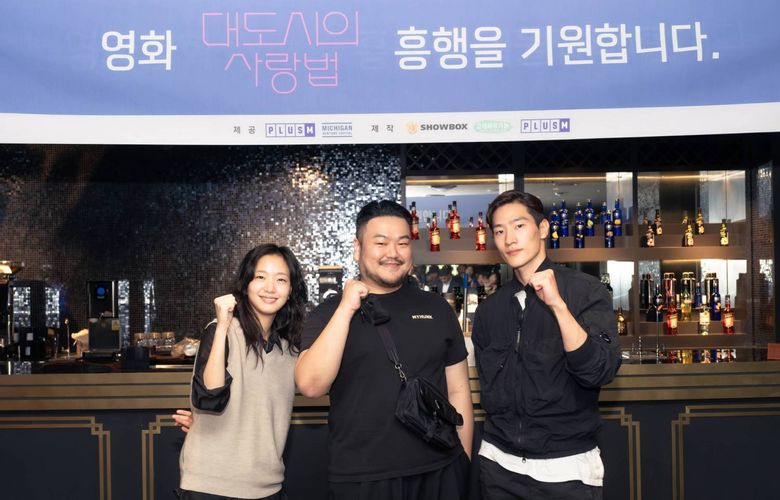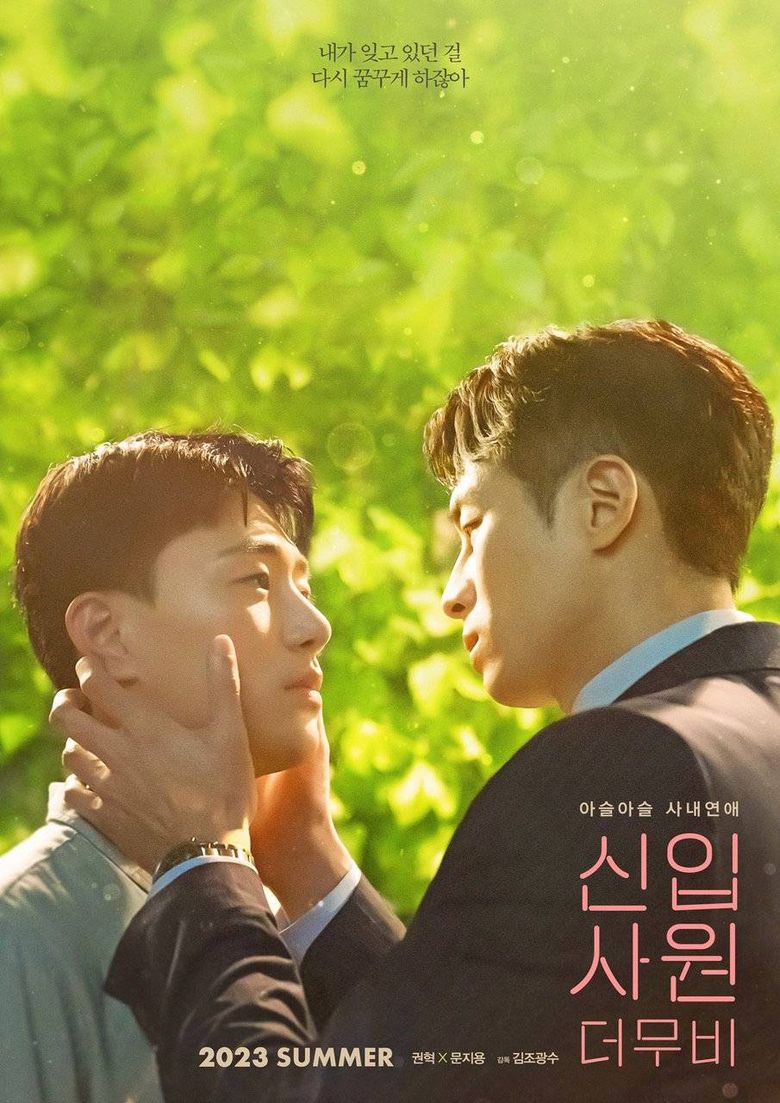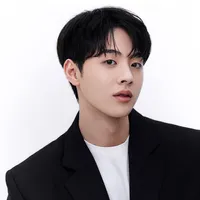
TVING / "Love Is An Illusion!" by Fargo on Lezhin
Have you noticed that some of the most popular and beloved Korean BL webtoons or web novels worldwide are written by female authors? It’s not just a coincidence. There is a much deeper and more nuanced dynamic at play that makes K-BL a female-dominated industry. Let’s break it down for you.
The single most popular and most-searched manhwa right now, regardless of genre, is the BL manhwa ‘Jinx’ by Mingwa. Some other names that pop up are ‘Backlight’ by Gangddo, “Love Is An Illusion!” by Fargo, and ‘Cry Me A River’ by Majjip. What do all of these webtoons have in common? They were all written by women. Usually, there would be no reason to object to this. We love to see men written by women, we adore female authors and encourage their growth, hoping for them to flourish even more. After all, in the cut-throat entertainment industry, we need as many female voices as possible. However, this is not the only reason why female Korean BL authors are popular.
You see, BL is perceived and accepted as a female-oriented genre in South Korea. It is geared towards a female audience and aims to fulfil female readers’ fantasies. Koreans believe that women are the best at understanding and expressing the emotions that are prevalent in BL stories for consumption by women. The fact that a majority of the most popular K-BL authors are female supports this claim. In addition, many PDs who assist these authors, nurture and promote them are also women. As such, BL has established itself as an industry specific to women.
In Korea, BL is a genre that has only recently started booming, so there is still much debate about the distinction between BL and queer fiction. People unfamiliar with BL sometimes consider it as queer fiction, much like most global fans. The webtoon and web novel industries pioneered BL in Korea, and only recently has the film and TV industry started to adapt it into movies and dramas, where the distinction between BL and queer is still not clearly drawn.
Does that mean male writers cannot write BL? The answer to that is both yes and no. Male writers can most definitely write stories about men in love, regardless of their own sexuality. However, such works are seen as leaning towards “queer” or “gay” themes rather than BL as Korea knows it. There are very few male BL writers in South Korea, or they have not achieved as much popularity as female authors and, hence, are not known. The term or the genre “BL” is generally reserved for stories of men in love, written by women, for women.
This issue is addressed in the latest episode of “Dreaming Of A Freaking Fairy Tale”. In the drama, actor Kim HyunJin plays Baek DoHong, a successful filmmaker with a secret. This so-called “dark” secret is that he used to be a BL author. Baek DoHong is deeply embarrassed about it, and his brother holds it above his head like some sort of incriminating leverage to blackmail him. Global viewers may be flustered with this scene, especially if you’re unaware of the discourse around BL in South Korea. However, it definitely reflects the reality of the situation.

Watcha
It is an unspoken rule that BL webtoons must be written by women to be considered BL and cater to a female audience and the female gaze. Similarly, Korean drama or film adaptations of BL works are expected to also be written and directed by women. Consequently, the women behind the K-BL industry have done some incredible work and reached a global audience. The only thing problematic about it is that male creators are not generally accepted in this genre by Koreans.
You must have noticed that the novel “Love In The Big City” by Park SangYoung, which is getting a drama and film adaptation, is often referred to as a “queer” work. It shows MLM relationships, but it is not called “BL”. Is it because the actors starring in the adaptations are prestigious top actors like Kim GoEun, Noh SangHyun, and Nam YoonSu, and calling it “BL” would somehow tarnish their reputation? Is “queer” more elevated, literary, and culturally rich than “BL”? The primary difference lies in the fact that “Love In The Big City” is written by an openly gay man who is not bothered about catering to a specific gender or selling a fantasy.
Queer works like “Love In The Big City” are seen as more realistic depictions of queer people, their identity, and their relationships, including the prejudice they have to face in society, how their human rights can be violated, and so on. However, BL works are rosier stories about men in love that tend to be far from reality. They focus more on the emotions of the characters rather than the fact that they are queer individuals. In fact, many Koreans consider the BL genre to be fantasy entirely! After all, you will only find tropes like “Omegaverse” in a BL work but never in a queer work.

“Love In The Big City” Movie
In addition, admittedly, South Korea is not the safest place for the LGBTQIA+ community. Same-sex marriage is still not legal in the country, and just recently, authorities denied a permit for the 2024 Pride Parade at the Seoul Plaza. Discrimination against queer people is still rampant, and their lived reality is far from what is portrayed in BL dramas. However, you’ll find a truer representation in queer works like “No Regret”, “The Handmaiden”, “Two Weddings And A Funeral”, “Moonlit Winter”, and “Just Friends?”.
Previously, a huge controversy broke out in Korea about the adaptation of the BL webtoon “The New Employee” when it was revealed that it would be directed by openly gay male director Kim Jho KwangSoo. Kim Jho KwangSoo also directed the aforementioned queer films “No Regret”, “Two Weddings And A Funeral”, and “Just Friends?” among other queer titles. He is also known for being an LGBTQIA+ rights activist. The director described his adaptation of “The New Employee” as a “queer” work rather than BL, and so Korean BL fans were concerned that the beloved work would lose its BL sensibilities.

“The New Employee” Movie
The most reiterated and predominant sentiment among Korean BL fans was that BL and queer are different and should not intersect at any cost. However, thanks to the director’s unique and distinct vision, the movie adaptation of “The New Employee” was a huge success and lauded by Koreans as well.
Evidently, global fans do not view BL as different from queer fiction. It is solely a Korean issue. In fact, global fans often wonder about why the Korean entertainment industry tries to differentiate between queer and BL at all. This has been the subject of discussion among international fans for a long time now, and it continues to be relevant even today.
What do you think about this issue? Tell us on X!




